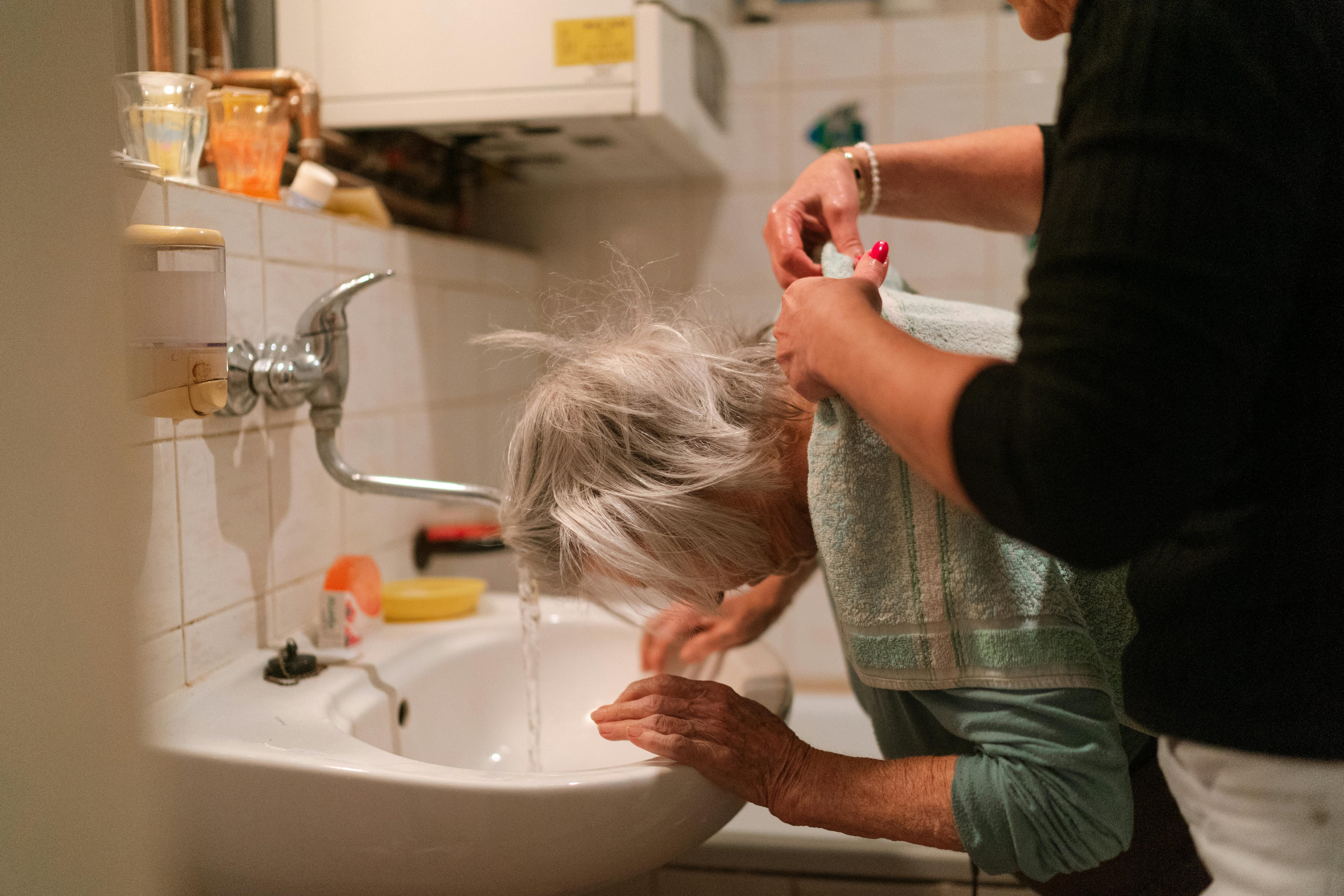You might explore home care software based on a specific pain point or set of needs. But what else are you missing out on? Our blog explores.
Many home care providers select their home care software based on a specific need. It might be a need to implement a friends and family portal, digitise their services or more efficiently handle financial management. But home care software can carry a multitude of benefits to home care providers. Whilst addressing specific needs is important, taking a step back and considering the while picture can result in tangible benefits being delivered across your care services. This blog will examine the top 7 features you should look for when examining home care software solutions.
What is home care software?
To begin with, what is home care software? It’s the software that should support every area of your home care delivery. Where client records were recorded and stored on paper, home care software makes the process digital. This makes your services more agile, with the ability to record information on the go, interact with care workers and their schedules, create friends and family portals for your clients and record and share data easily.
Why do I need home care software?
Home care software can deliver a multitude of benefits to your home care services. Perhaps most importantly, however, your clients expect a modern service. Being able to offer outward facing services such as a friends and family portal, updated with real-time information, helps to reassures your clients and their loved ones.
No less important is the consideration of data security. Our previous blog explored the topic of cyber security for home care providers. In short, keeping the data process safe is important from a GDPR and CQC inspection standpoint.
Not only does the CQC want evidence that you’re processing and storing data safely in line with its data security and protection toolkit, but the regulator will also need straightforward access to your data to perform inspections. Being able to easily generate accurate and up-to-date reports from your data is something home care software can support.
What if I don’t need a home care software solution?
Home care software is an important consideration as your business grows. If you’re only caring for a small number of clients with a small number of care workers to manage, then the outlay might not make sense for your business.
As your business grows, however, the complexity of your operation will grow with it. With more clients, more carers and more considerations, it becomes increasingly unmanageable where you rely on manual ways of working. Staying on top of finances, client needs, scheduling, reporting and maintaining an outstanding level of care provision can quickly become overwhelming. Home care software can help you by automating swathes of your business, supporting effective communication and the ongoing delivery of outstanding care.
What you need from a home care software solution
1.Care planning
From onboarding clients into your services to being agile in the face of their shifting needs, your home care software solution should support you in creating, revising and delivering person-centred care plans bespoke to the needs of each client. Being adaptable is key. Demands can change in an instant, so your service needs to be responsive. Your carers also need up-to-date information on each client, ensuring they deliver the right care at the right time,
2. Scheduling your care workers
Once your care plans are established, you need to schedule care workers to deliver them. Home care management software can remove much of the guesswork in scheduling, helping you to respond instantly to short-term changes. This keeps your services on track, makes the most efficient use of your resources and delivers your care plans in the most effective way. From matching the needs of the client to the skills and experience of the care worker, home care software can support you in delivering continuity of care by ensuring that the right people are in the right place at the right time.
3. Record information and communicate in real time
A good home care software solution should provide you with a care worker app. This can be easily downloaded onto the carer’s mobile device and used to complete care visits. As well as equipping your carers with vital context and information on each visit, a care worker app should further support lone worker safety and provide real-time information back to the office. This supports care workers in going about their tasks with confidence, whilst also supporting them in capturing and recording outcomes as they go, removing the need to write up notes and manual data entry.
4. Complete financial management
Having confidence that your care worker pay and funder billing are accurate is essential to the financial health of your home care service. By linking to your care plans and care worker schedules, understanding what has been delivered, home care software can support you in maintaining accurate records of who has done what, when. You can further create timesheets for your care workers, making it easy and accurate for them to log care visits and any travel expenses incurred. By automating much of the process, home care software can reduce friction and human error in your financial management.
5. Create reports on your care services easily
Being able to easily and accurately report on your home care services provides valuable insights on your business. It’s also important for CQC inspections, not least as the first stage of most inspections will be virtual. A good home care software system should provide your service with bespoke dashboards for each user, enabling them to interact with the information they need. When you need insights, they should be easy to obtain from the data you hold across your care services.
6. Friends and family portal
Communicating with your clients and their loved ones is an important and reassuring aspect of modern care delivery. By linking to your care plans and schedules, care software systems can create bespoke, real-time portals through which your clients and their loved ones can see the schedule of their care visits, care due to be administered and care administered.
7. Support, security and compliance
It’s important to consider the team behind your home care software solution. What security certificates do they possess? What ongoing support will you receive with the software? What’s the system uptime availability? How will your data be handled? Given the importance of selecting the right home care software solution, it’s imperative to consider the whole package and select a partner that can support the needs of your business.
How Certa from CACI can support your care service
Certa from CACI is a complete home care management software solution designed to support every facet of care delivery. Whatever support you need in enhancing the delivery of your care services, Certa can help.
Delivering tangible benefits to homecare services by making compliance, consent, auditing, reporting and care plan provision straightforward and streamlined, what difference can Certa make to your homecare services?
You can find out more by booking a no-obligation demo of Certa today.




